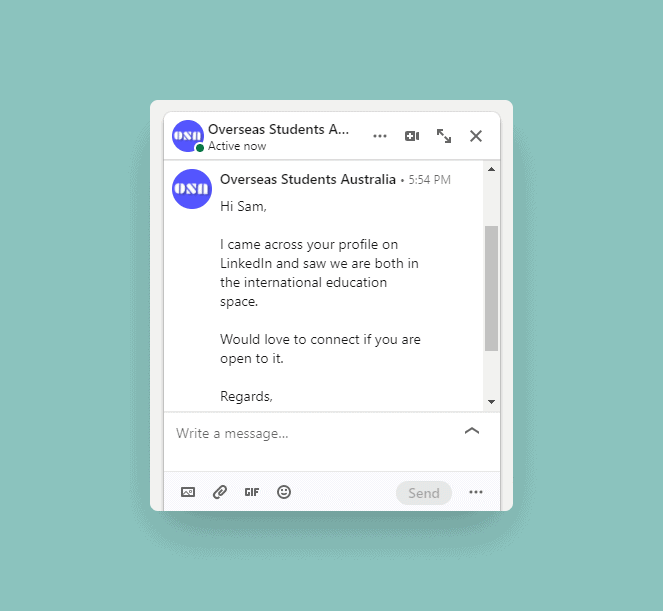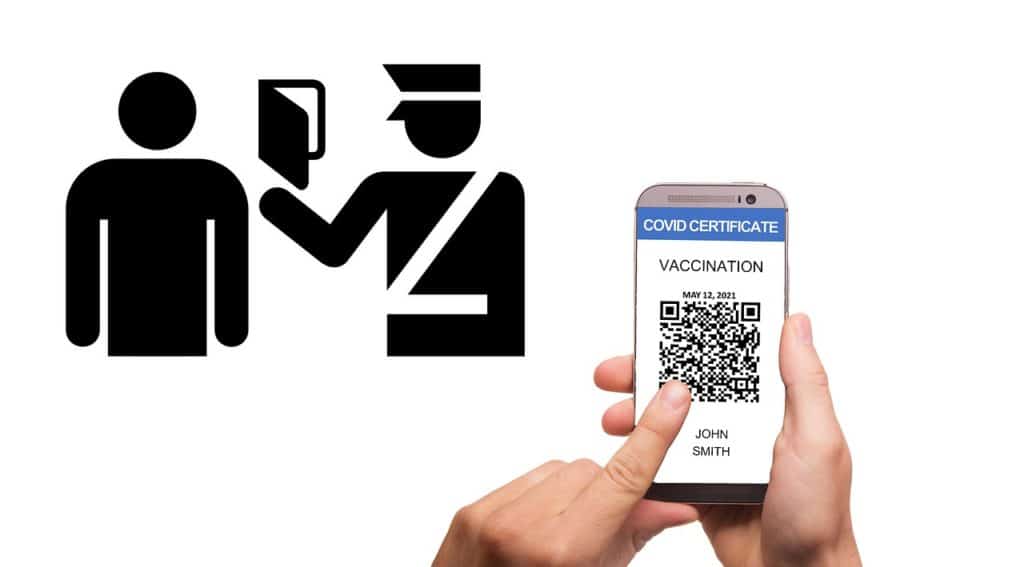10 free apps and tools you need to use as an international student in Australia.
Let’s be honest life as a student is pretty challenging juggling between study work life and family can be tough at times and especially online study these days can add up to that challenge as well.
The good news is that there are free apps and tools available that can make your life somewhat easier.
In this article, we are going to talk about 10 free apps and tools that you need to use as a student to make your life easy.
Canva

The first tool is actually created by an Australian company, Canva.
As a student you probably have to create a lot of presentations and reports.
While you can design these reports and presentations in powerpoints or word documents but if you really want to level up your game then canva is a great graphic design tool and solution for that.
You can create amazing looking presentations and reports within this tool and their free template library contains plenty of options for reports and for presentations as well.
Apart from reports and presentations if you want to design anything else like resume, cover letter, this is a great tool to have in your armory
It is one of our personal favorite tools as well and their free plan is pretty generous, so try it out yourself.
Small PDF

Pdf is one of the best thing that happened to humanity. Period.
But as good as pdfs are sometimes we would like to see these pdf documents in a word document or other format
Some of you may know that it can be bit of pain to go and convert these documents as such
so there’s a solution for this problem as well and this tool is known as Small PDF.
Basically this is the solution for all your pdf problems.
If you want to convert a pdf into a word document or an image or PowerPoints or to convert any other document into pdf or other way around then small pdf is your friend.
You don’t need to necessarily download any softwares for this it’s a free online tool.
Grammarly

If english is your second language and you want someone else to have a look on your documents whether it’s a report, resume or assessment that you’re creating for your homework then grammarly is your friend.
This amazing tool check your grammar, punctuation, spelling, vocabulary and any other issues with your writing.
They also have apps available for all the mobile devices or you can use their chrome extension to make your life really easy.
Another tool that we personally use all the time to check our grammar and spelling mistakes.
Although they have a different paid plans available but their free plan also does a pretty good job so if you haven’t already signed up, then we highly recommend you to use this tool.
Loom

While taking screenshot can be a good way of capturing information and sending it to your friends or your teachers.
But if you have any questions especially if you’re studying online it will be even better if you can video record your screen and send it to the person you need to.
If you want to send a video recording of your screen then this tool is for you.
It is known as loom.
To use this tool, all you need to do is sign up and download their chrome extension and then you can video record the screen.
If you want you can also record yourself in the screen and after recording it will generate a link that you can send to anyone for watching this video recording.
A great tool for recording your presentations as well.
It is fairly easy tool to use but another life saving tool for students.
Quillbot

Quillbot ia an amazing tool for paraphrasing the text.
It is an artificial intelligence based paraphrasing tool that can help you to paraphrase up to 400 words for free.
Another great tool to help you with your research for your assessments.
Just a quick warning though, we don’t want you to use this tool as a copy paste solution for your assessments.
But it can be a good tool to help you paraphrasing some of the text and get to learn new words and improve vocabulary.
Resoomer

This tool helps to summarize the text.
So, for an example, if you have a long text or long article to read, put this article text into this tool, then press that resoomer button, and it will summarise the whole text into short paragraphs.
This is another time saving tool that will help you to save time as it can summarise all the articles you are reading for your study or research purposes.
So rather than spending lots of time reading all the articles put those articles into the resumer that will help you to summarize the text of those articles.
Zoom

We are pretty sure you have heard about the name this tool before.
After all it is Zoom.
Since the start of pandemic, everyone who is studying online pretty much have either used it or heard about this tool.
In the past zoom was used basically for meetings and online conferences but it has been the life-saving tool for many of us during this pandemic.
Especially if you are studying online and you might have to do your online presentations to record your presentations, zoom can be one of the easiest solution for most of the classes running online.
Google office suite

Buying a yearly subscription for microsoft can be an expensive affair. especially if you are a student.
So, there are lots of free alternatives available for microsoft office these days and one of our favorite tool is provided by google.
Google docs google slides and google sheet (part of google office suite) are free replacement for microsoft office.
The best part of this tool is that you don’t need to save these documents in your computer or you might lose it because you haven’t saved it properly
All your documents gets saved into cloud automatically.
All you need to access this service is have a gmail account and access to internet.
If you don’t google products, then you can also check some other free office alternatives.
Google Drive

Another free provided by Google.
Google drive is a solution to all your cloud storage problems.
Once you sign up with your email you get 15 gb of free cloud storage and all your google docs google sheets and slides are usually ger saved in this cloud storage.
So it’s quite easy to access those documents and that is one of the reason why we like using those softwares as well.
Notion

Now last but not the least is our personal favorite tool.
Notion is a lifesaver. (Say it after us).
Notion is a project management, productivity, to-do list, notes, collaboration and anything you can imagine in one tool. (Yes, you can see our love for this tool).
We use this tool for taking notes, creating our content (just like this article) creating to-do list and when working with other team members, then we use it as a project management software as well.
Rhere’s so many uses of this tool that it is hard to put into this short video.
So, we highly recommend you to check this tool and if you haven’t i recommend you to download this tool as well.
Their new free plan is really amazing you can download this tool on your desktop laptops and their app in your mobile devices as well.
If you sign up with the same email in all your devices. It will sync all your data together (as long as you have internet connection).
Bonus: Overseas Students Australia

If you are an international student who is either studying in australia or planning to study in australia then we highly recommend ourselves. No jokes.
Overseas students australia is an online platform for international students and we cover range of information regarding studying, working and life in australia
We also have lots of free resources like guides, resume, cover letter templates, checklists and everything pretty much you need as an international student.
So make sure to include that too in your list of tools as well, especially if you are planning to study or are currently studying in Australia..
Now, it’s your turn.
We would like to hear from you, which other tools do you use to make your life as a student easy?
Let us know youtr thoughts in the comment section below.













